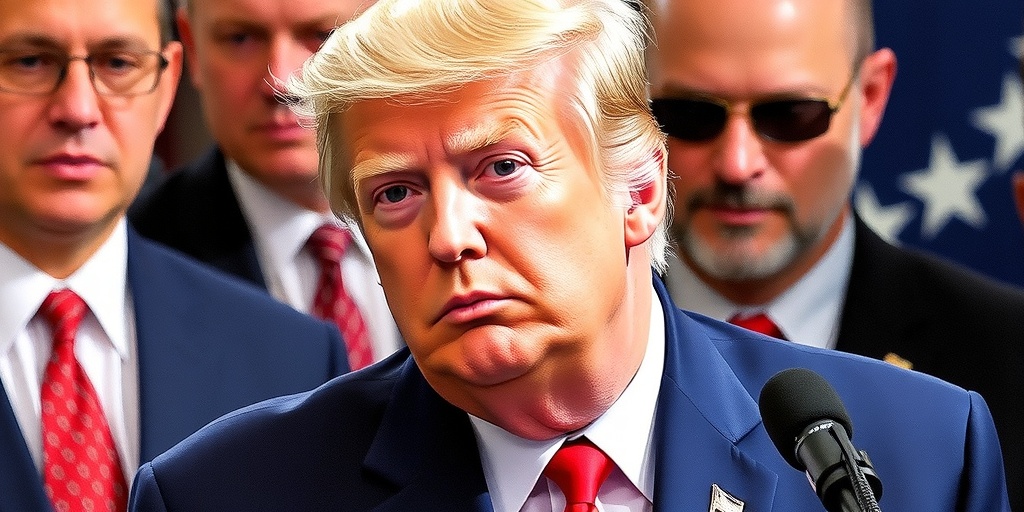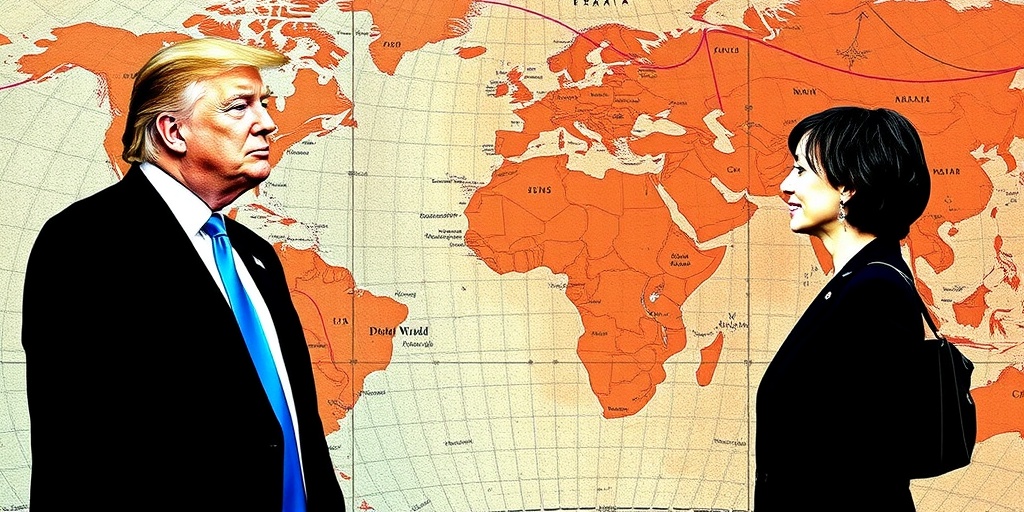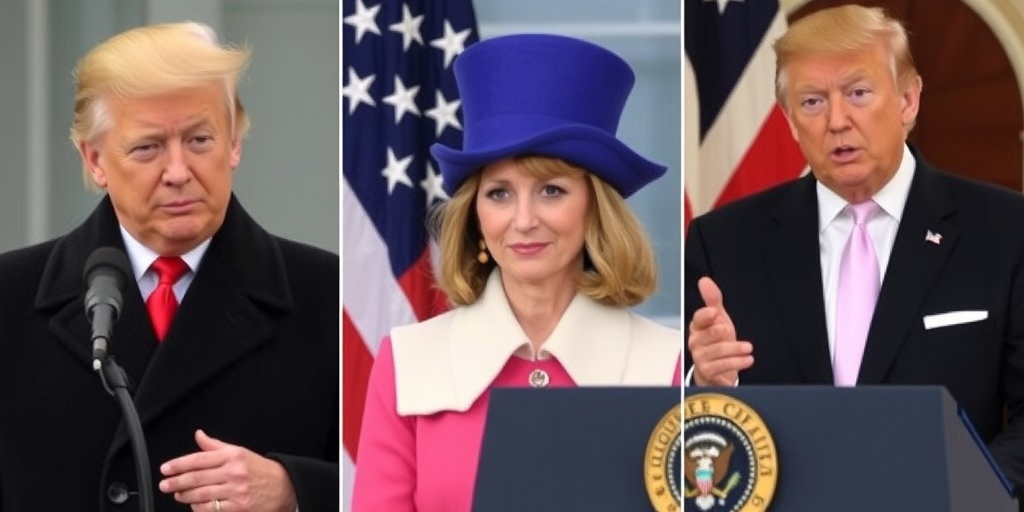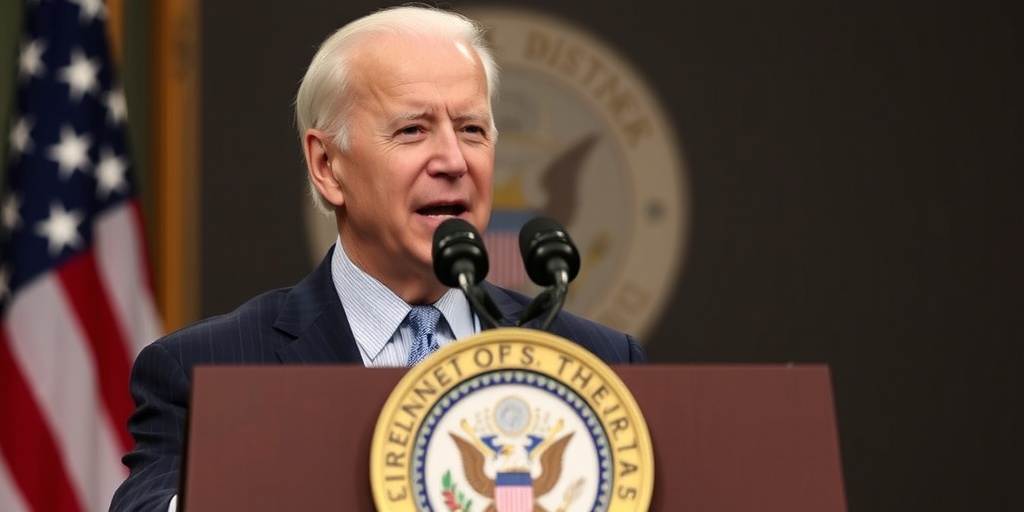Now Reading: Health Secretary Supports Biden’s COVID Vaccine Mandates and Social Media Initiatives
-
01
Health Secretary Supports Biden’s COVID Vaccine Mandates and Social Media Initiatives
Health Secretary Supports Biden’s COVID Vaccine Mandates and Social Media Initiatives
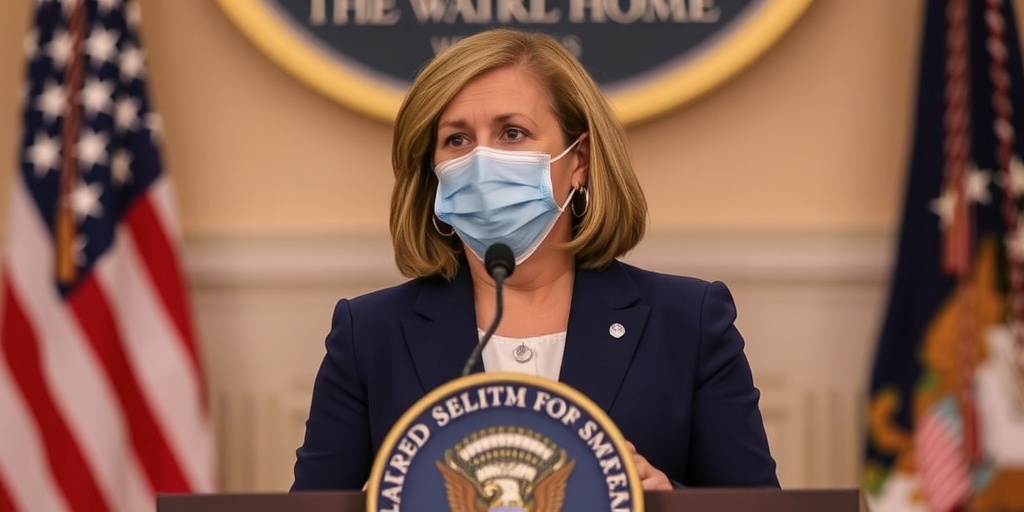
Becerra’s Legacy: Reflections on his Tenure as Health Secretary Amidst Political Turbulence
Xavier Becerra, appointed by President Biden to lead the Department of Health and Human Services (HHS), finds himself at a pivotal moment as he prepares to depart from his role. In a recent interview, Becerra reflected on the challenges and achievements of his tenure, while also weighing in on the rise of his potential successor, Robert F. Kennedy Jr., who has emerged as a vocal critic of the Biden administration’s health policies, particularly vaccine mandates.
Becerra firmly defended the coronavirus vaccine mandates that were implemented during the pandemic. He argued that such measures are justified when public health is at stake, asking rhetorically, "Should we require people to wear seatbelts?" This defense, however, comes against the backdrop of significant political backlash. Kennedy, campaigning against vaccine mandates, garnered substantial support in the electoral arena after aligning himself with former President Donald Trump. Becerra recognized this shift in public sentiment, noting that many voters prioritize immediate concerns like rising prices of everyday goods over health care achievements.
Despite the significant steps taken during his time in office, including lowering drug prices, expanding health insurance coverage, and launching a suicide prevention hotline, Becerra acknowledged that these accomplishments did not translate into electoral rewards for the Biden administration. "People put their attention where they need to — their family, their work, getting ahead," he stated, reflecting on the disconnect between public health achievements and voter priorities, particularly amidst rising inflation.
As Becerra prepares to leave Washington, he announced a major policy advancement: Medicare will begin negotiations for lower prices on popular weight-loss drugs, including Ozempic and Wegovy. This development, described by Becerra as "a big deal," highlights ongoing efforts to make healthcare more affordable for Americans.
Looking forward, Becerra hinted at a possible return to California, fueled by interest in running for governor. While he did not directly reference Kennedy’s name, he offered a cautionary note to his eventual successor regarding the importance of adhering to scientific guidance in health policy. He warned that straying from established science could lead to increased mortality and illness.
Interestingly, Becerra’s tenure was characterized by his low profile compared to previous health officials, notably Dr. Anthony Fauci. Often overshadowed by the pandemic response centered in the White House, Becerra faced considerable challenges, including the backlash related to the treatment of unaccompanied minors at the southern border and the ongoing battle against misinformation, particularly surrounding vaccinations. He expressed frustration over the difficulties in countering misinformation without the financial resources typically available to private companies.
Furthermore, he elaborated on dietary concerns, addressing issues related to the agricultural industry’s role in public health. Becerra noted the excessive consumption of processed foods in the United States compared to other nations and emphasized the need for healthier eating habits, aligning with public health initiatives aimed at tackling chronic diseases related to nutrition.
Throughout his tenure, Becerra navigated a tumultuous environment, encountering crises that defined his role as secretary. The initial challenges of the coronavirus pandemic and the humanitarian crisis at the border were part of a broader landscape that shaped his leadership experience. As the administration sought to implement progressive health policies, he emphasized his commitment to health care affordability and access—a commitment he had demonstrated through his previous roles and his involvement in the Affordable Care Act.
Despite controversies, Becerra maintained that he was focused on effective policy execution across various health issues. Critics have pointed out a lack of a distinct leadership footprint during his time, yet others, including former FDA Commissioner Dr. David Kessler, recognized Becerra’s contributions as vital to the administration’s progressive health agenda.
In light of the intense scrutiny and challenging circumstances he faced, Becerra remains noncommittal about his political future, hinting at the open 2026 race for California governor without confirming his own candidacy. He remains optimistic about the nation’s health progress during his time in office, emphasizing improvements compared to previous administrations, particularly in relation to the Covid-19 crisis.
As he prepares for the transition, Becerra’s legacy in the HHS will be marked by both the challenges and policy advancements that shaped health care in the U.S., amid ongoing political debates over the role of government in health initiatives. Becerra’s reflections serve as a reminder of the complexities involved in public health leadership, particularly in such scrutinized and politically charged times. His future plans may remain uncertain for now, but his tenure has undoubtedly left an impact on the landscape of American health policy.
Stay Informed With the Latest & Most Important News
Previous Post
Next Post
-
 01New technology breakthrough has everyone talking right now
01New technology breakthrough has everyone talking right now -
 02Unbelievable life hack everyone needs to try today
02Unbelievable life hack everyone needs to try today -
 03Fascinating discovery found buried deep beneath the ocean
03Fascinating discovery found buried deep beneath the ocean -
 04Man invents genius device that solves everyday problems
04Man invents genius device that solves everyday problems -
 05Shocking discovery that changes what we know forever
05Shocking discovery that changes what we know forever -
 06Internet goes wild over celebrity’s unexpected fashion choice
06Internet goes wild over celebrity’s unexpected fashion choice -
 07Rare animal sighting stuns scientists and wildlife lovers
07Rare animal sighting stuns scientists and wildlife lovers














